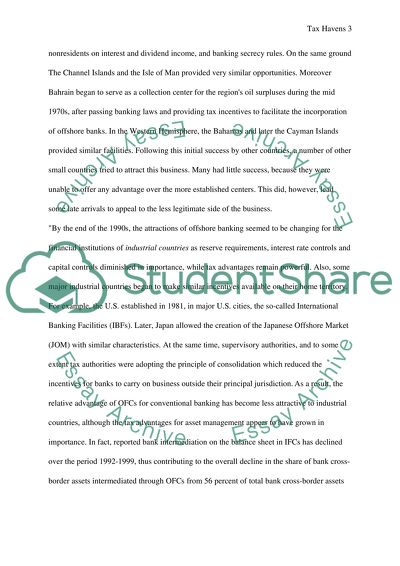Cite this document
(Tax Havens of Offshore Financial Centers Research Proposal, n.d.)
Tax Havens of Offshore Financial Centers Research Proposal. Retrieved from https://studentshare.org/finance-accounting/1528339-tax-havens-or-offshore-financial-centre
Tax Havens of Offshore Financial Centers Research Proposal. Retrieved from https://studentshare.org/finance-accounting/1528339-tax-havens-or-offshore-financial-centre
(Tax Havens of Offshore Financial Centers Research Proposal)
Tax Havens of Offshore Financial Centers Research Proposal. https://studentshare.org/finance-accounting/1528339-tax-havens-or-offshore-financial-centre.
Tax Havens of Offshore Financial Centers Research Proposal. https://studentshare.org/finance-accounting/1528339-tax-havens-or-offshore-financial-centre.
“Tax Havens of Offshore Financial Centers Research Proposal”, n.d. https://studentshare.org/finance-accounting/1528339-tax-havens-or-offshore-financial-centre.


